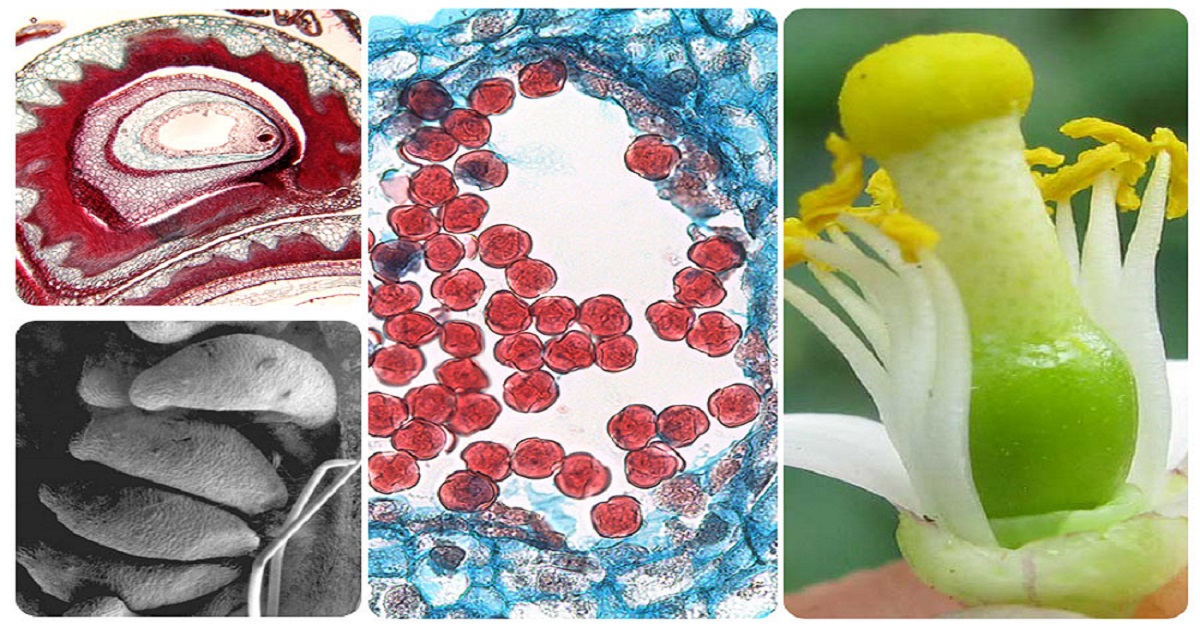- 3.0Impact Factor
- 5.1CiteScore
- 18 daysTime to First Decision
From Structure to Function: Anatomical and Reproductive Studies in Native and Cultivated Horticultural Plants
This special issue belongs to the section “Propagation and Seeds“.
Special Issue Information
Dear Colleagues,
Anatomical, embryological, and reproductive studies provide critical insights into the development, productivity, and quality of horticultural crops. These approaches reveal how floral and fruit structures, reproductive processes, and developmental stages influence key agronomic traits such as the fruit set, seed viability, stress resilience, and propagation efficiency.
Such knowledge is particularly relevant for crops that are cultivated for their fruits, leaves, roots, or medicinal properties, including native and underutilized species with the potential for domestication. Structural studies also support applied research in plant breeding, reproductive physiology, biotechnology, and the management of plant–pathogen interactions. Histological analyses are able to link anatomical traits to physiological or genetic responses, informing crop enhancement and conservation strategies.
This Special Issue of Horticulturae welcomes the submission of original research articles and reviews that focus on the structural and reproductive biology of horticultural species—including fruit, leafy, medicinal, aromatic, ornamental, and native plants—relevant to genetics, biotechnology, stress physiology, propagation, and seed production. We especially welcome the submission of articles that explore emerging species and innovative methods that bridge fundamental biology and horticultural applications.
This Special Issue, entitled “From Structure to Function: Anatomical and Reproductive Studies in Native and Cultivated Horticultural Plants”, aims to present recent developments in plant anatomy, embryology and floral biology, as well as structural–functional studies that support innovation in horticultural science.
Prof. Dr. Ana Maria González
Prof. Dr. Paula Alayón-Luaces
Guest Editors
Manuscript Submission Information
Manuscripts should be submitted online at www.mdpi.com by registering and logging in to this website. Once you are registered, click here to go to the submission form. Manuscripts can be submitted until the deadline. All submissions that pass pre-check are peer-reviewed. Accepted papers will be published continuously in the journal (as soon as accepted) and will be listed together on the special issue website. Research articles, review articles as well as short communications are invited. For planned papers, a title and short abstract (about 250 words) can be sent to the Editorial Office for assessment.
Submitted manuscripts should not have been published previously, nor be under consideration for publication elsewhere (except conference proceedings papers). All manuscripts are thoroughly refereed through a single-blind peer-review process. A guide for authors and other relevant information for submission of manuscripts is available on the Instructions for Authors page. Horticulturae is an international peer-reviewed open access monthly journal published by MDPI.
Please visit the Instructions for Authors page before submitting a manuscript. The Article Processing Charge (APC) for publication in this open access journal is 2200 CHF (Swiss Francs). Submitted papers should be well formatted and use good English. Authors may use MDPI's English editing service prior to publication or during author revisions.
Keywords
- embryology
- floral biology
- horticultural crops
- native species
- plant anatomy
- propagation
- reproductive development
- seed production
- structural biology

Benefits of Publishing in a Special Issue
- Ease of navigation: Grouping papers by topic helps scholars navigate broad scope journals more efficiently.
- Greater discoverability: Special Issues support the reach and impact of scientific research. Articles in Special Issues are more discoverable and cited more frequently.
- Expansion of research network: Special Issues facilitate connections among authors, fostering scientific collaborations.
- External promotion: Articles in Special Issues are often promoted through the journal's social media, increasing their visibility.
- e-Book format: Special Issues with more than 10 articles can be published as dedicated e-books, ensuring wide and rapid dissemination.

